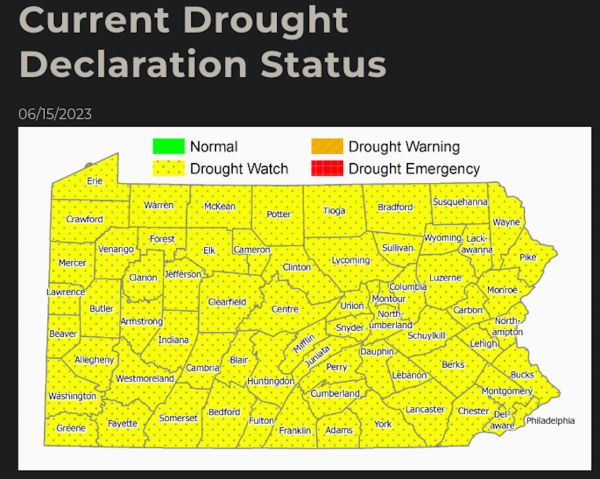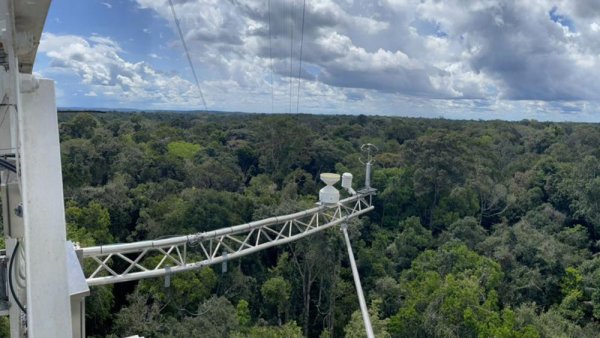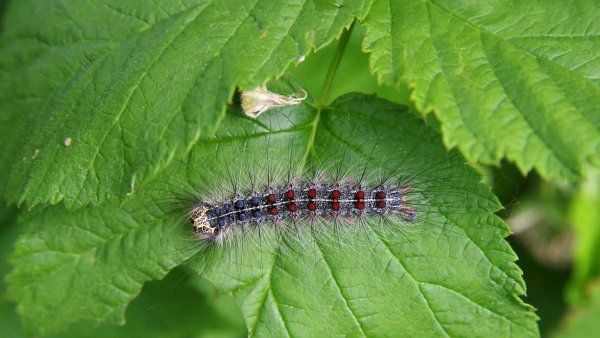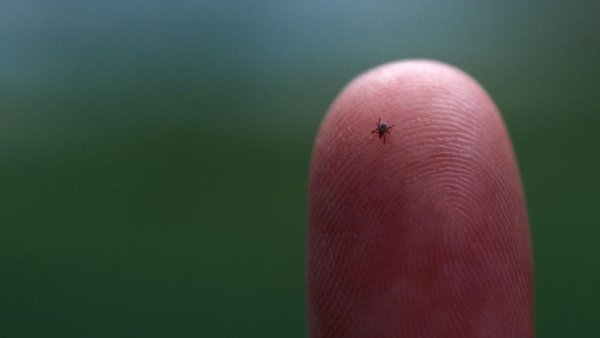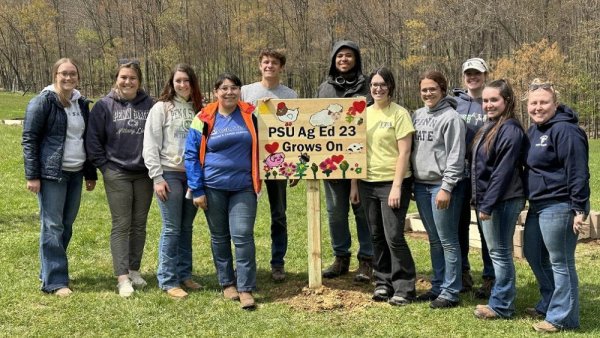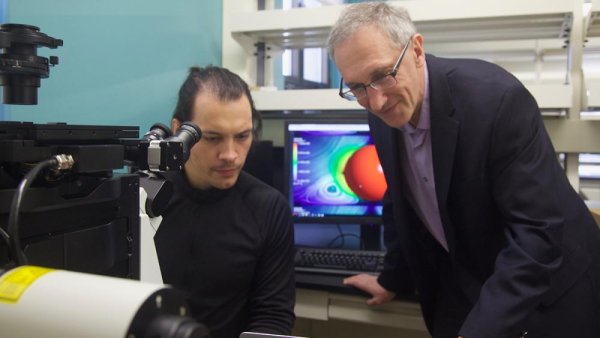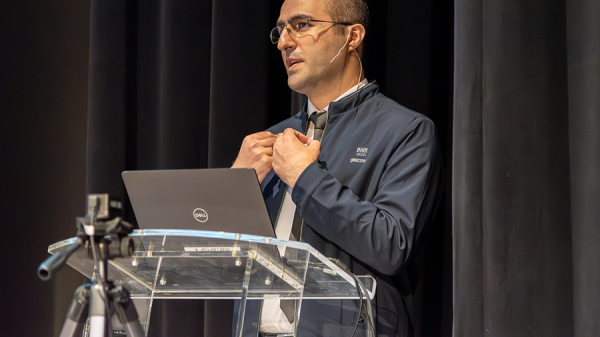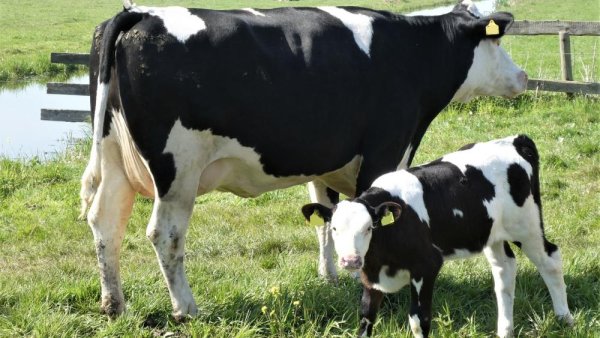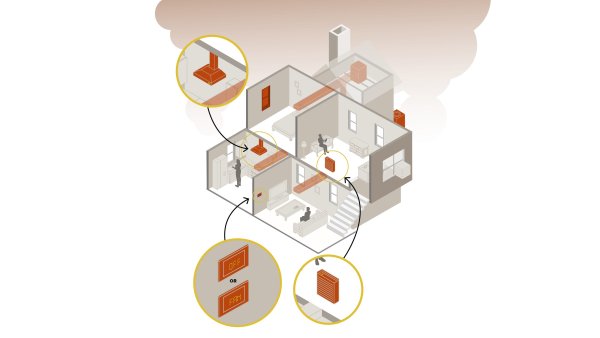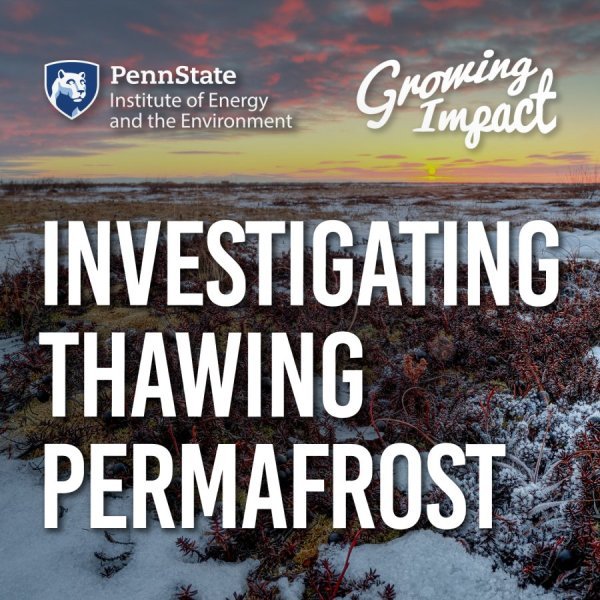Guido Cervone co-authors national report on ethical artificial intelligence use
| psu.edu
From facial recognition on smart phones to digital voice assistants like Siri to tools like ChatGPT, artificial intelligence and machine learning are part of our everyday lives. Their benefits are many, but their rapid rise is also spurring questions about their risks. The ethical use of artificial intelligence and machine learning in scientific research is also becoming a more visible and important consideration, according to Guido Cervone, professor of geography and meteorology and atmospheric science at Penn State.
Search underway for next vice president for Commonwealth Campuses at Penn State
| psu.edu
Penn State has launched a national search for its next vice president for Commonwealth Campuses and executive chancellor.
Pennsylvanians asked to cut water use as state enters drought watch
| stateimpact.npr.org
During a drought watch, the focus is on increased monitoring, awareness and preparation in case conditions get worse.
Fuentes brings climate science message to Brazil on Fulbright Fellowship
| psu.edu
Jose D. Fuentes, professor of atmospheric science at Penn State, is spending four months in Brazil this spring and summer on a Fulbright Fellowship to foster collaboration between scientists in the two countries and to speak about the impacts of climate change.
The gypsy moth has a new name, could do more damage this year
| wjcl.com
Parts of the U.S. are experiencing a significant spongy moth invasion this year. Here's how to tell if you have them in your yard and how to deal with them. This article quotes Michael Skvarla, assistant research professor of arthropod identification.
The Medical Minute: Know the risks from ticks this summer
| psu.edu
A Penn State Health infectious diseases physician and researcher shares his insights about the various health risks from the blacklegged tick, also known as the deer tick.
'Teach Ag' students in Penn State’s College of Ag Sciences build community ties
| psu.edu
Building community relationships is a fundamental aspect of the curriculum for future teachers majoring in agricultural and extension education. The 2023 Teach Ag cohort in Penn State’s College of Agricultural Sciences participated in two projects to develop their skills in this area and learn more about food insecurity across the commonwealth.
Penn State researchers use ultrasound to control orientation of small particles
| psu.edu
Using ultrasound technology and a nozzle, Penn State researchers have separated, controlled and ejected different particles based on their shape and various properties. The demonstration could have implications for drug delivery and bioprinting, according to lead researcher Igor Aronson, Penn State Dorothy Foehr Huck and J. Lloyd Huck Chair Professor of Biomedical Engineering and professor of chemistry and of mathematics.
Mineral engineering doctoral student selected for NSF-sponsored summer school
| psu.edu
Amir Eskanlou, a graduate student in the John and Willie Leone Family Department of Energy and Mineral Engineering, has been invited to participate in the Platform for the Accelerated Realization, Analysis, and Discovery of Interface Materials (PARADIM) summer school hosted by Cornell University. Eskanlou plans to further his investigations on coal dust to reduce the negative health impacts during the select National Science Foundation-sponsored program.
Enrollment for the Connected Leaders Academy now open for fall semester
| psu.edu
Enrollment for the Connected Leaders Academy is now open for fall semester cohorts, with an application deadline of July 10. The academy aims to help advance racial equity and inclusion by investing in the development of future leaders within an organization by increasing the number of employees from underrepresented populations in leadership positions.
Penn State dairy cattle geneticist finds mutant gene threatening Holstein calves
| psu.edu
In the fall of 2020, when Chad Dechow, Penn State associate professor of dairy cattle genetics, got a call from veterinarians in New York describing a strange condition affecting Holstein calves on two farms under their care, he was unfamiliar with the condition that came to be known as calf recumbency. Since then, he and his collaborators identified the underlying genetic mutation and devised a simple genetic test to identify Holsteins that harbor the mutation.
Visual explainer: More wildfire smoke in our futures, experts say. How you can prepare your home.
| usatoday.com
With the recent wildfires in Canada impacting the air in the Midwest and Northeast and the wildfires that burn in the West, experts offer tips to improve your indoor air quality. This article quotes William Bahnfleth, professor of architectural engineering.



